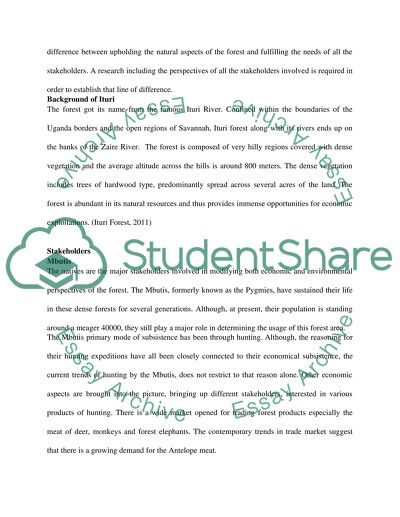Cite this document
(“FOREST ELEPHANT AND ITURI FOREST IN CONGO Essay”, n.d.)
Retrieved from https://studentshare.org/environmental-studies/1408056-forest-elephant-and-ituri-forest-in-congo
Retrieved from https://studentshare.org/environmental-studies/1408056-forest-elephant-and-ituri-forest-in-congo
(FOREST ELEPHANT AND ITURI FOREST IN CONGO Essay)
https://studentshare.org/environmental-studies/1408056-forest-elephant-and-ituri-forest-in-congo.
https://studentshare.org/environmental-studies/1408056-forest-elephant-and-ituri-forest-in-congo.
“FOREST ELEPHANT AND ITURI FOREST IN CONGO Essay”, n.d. https://studentshare.org/environmental-studies/1408056-forest-elephant-and-ituri-forest-in-congo.


